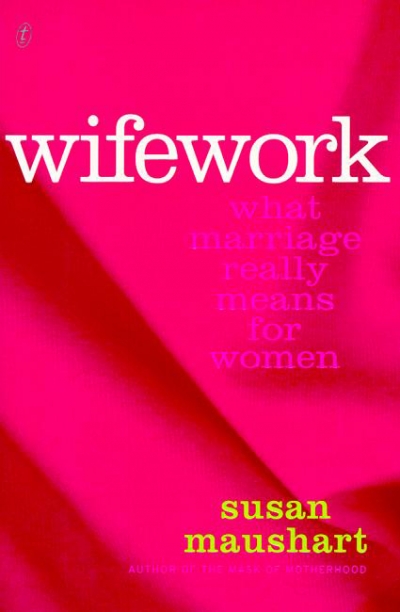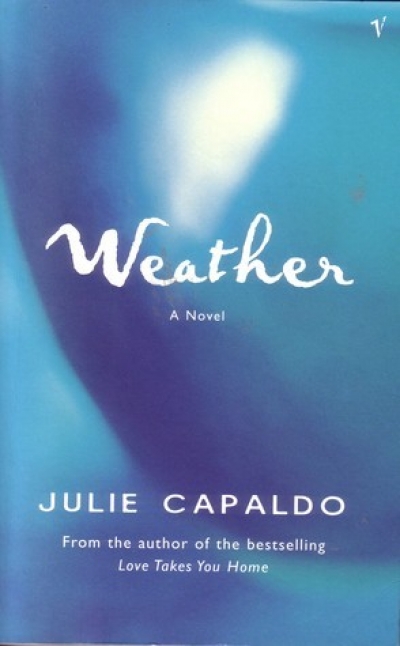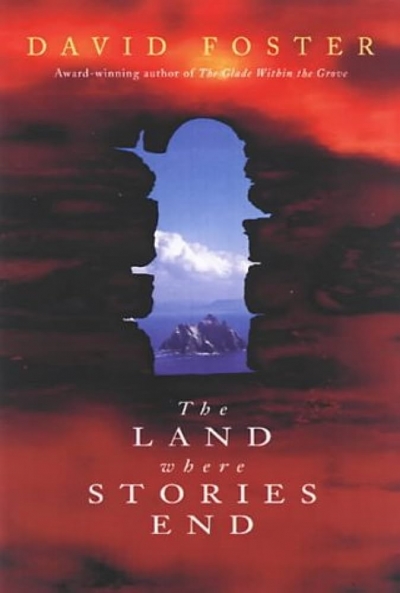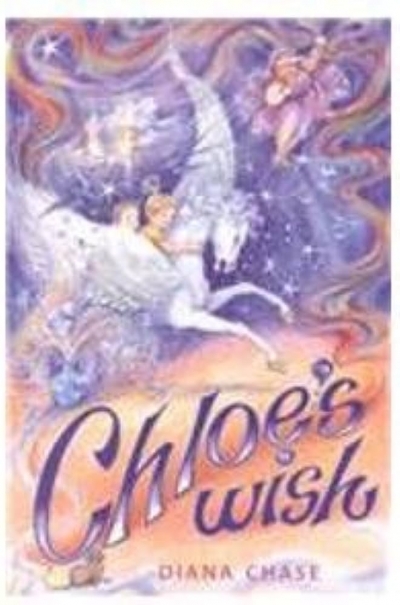Review
The True Life of Jimmy Governor by Laurie Moore and Stephan Williams
by Peter Pierce •
Religion and Culture in Asia Pacific: Violence or healing? by Joseph Camilleri
by Michael Kirby •
Wifework: What marriage really means for women by Susan Maushart
by Helen Marshall •
Sally Muirden’s second novel sits well with her first, Revelations of a Spanish Infanta. In each case, the author works through an elaborate historical lens to construct a multi-layered narrative in which the focus is the intimate life of a woman.
... (read more)Street Seen: A History of Oxford Street by Clive Faro and Garry Wotherspoon
by Gary Simes •
Chloe's Wish by Diane Chase & Jaleesa the Emu by Noal Kerr and Susannah Brindle
by Pam Macintyre •









